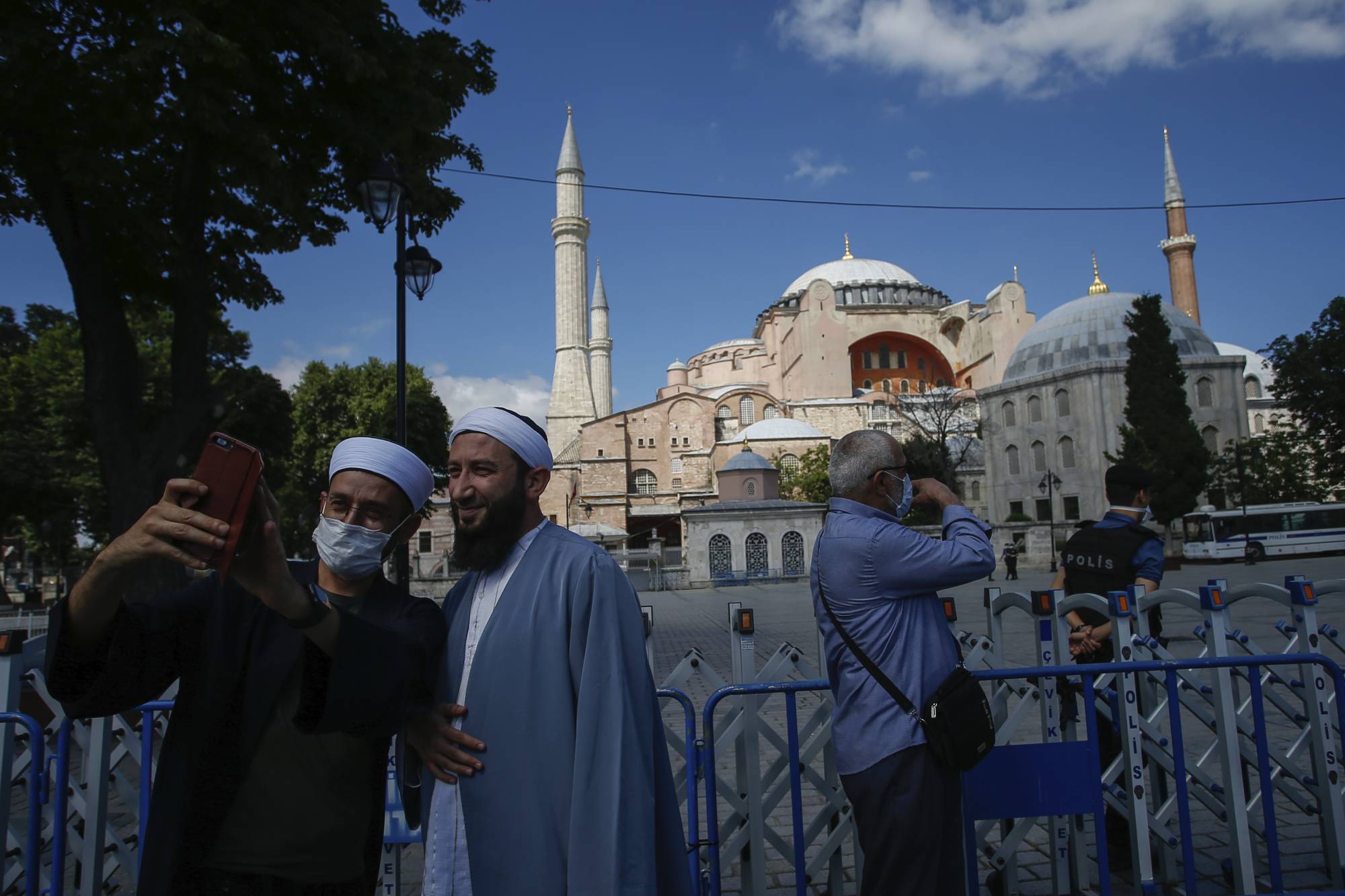Under normal circumstances, the most important news out of Turkey last weekend would have been a new law that, critics say, represents a blow to the country’s already weakened judicial system. But you might have missed it for the furor over President Recep Tayyip Erdogan’s decision to convert the famed Hagia Sophia museum, one of the world’s top tourist destinations, into a mosque.
Opposition figures such as Istanbul Mayor Ekrem Imamoglu say Erdogan is using the Hagia Sophia controversy to distract from missteps by his government, from the management of the economy to the handling of the coronavirus crisis. But the conversion is consistent with the president’s lifelong political goal: the reassertion of Turkey’s Muslim identity, and its corollary, the rejection of the secular nationalism of the country’s modern founder, Mustafa Kemal Ataturk.
Throughout his career, Erdogan has systematically chipped away at the secular foundations Ataturk laid in the 1920s and 1930s, by encouraging overt expressions of religiosity in government as well as society. That he has done so while claiming to uphold Ataturk’s founding father legacy testifies to the latter’s outsized political footprint.



